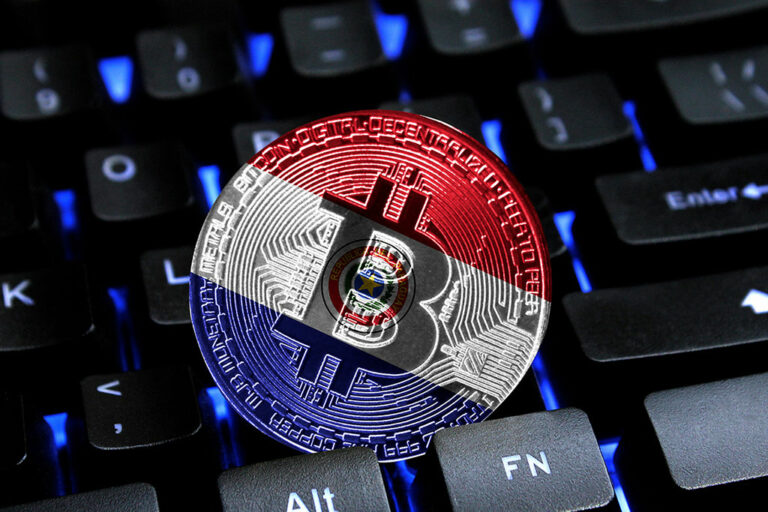Paraguay is now pursuing a jail term for illegal miners for up to 10 years, instead of the earlier considered blanket ban on all mining.
The government of Paraguay wants the legislature to pass a bill that will sentence illegal Bitcoin (BTC) mining operators to jail for up to 10 years. Speaking to reporters on Friday, presidential spokesperson Paula Carro said the government has already sent the bill to parliament.
Paraguay to Jail People behind Illegal Mining to Protect Power Resources
In addition to the decade-long prison sentence for illegal BTC miners, the Executive Branch also wants Congress to allow for the seizure of mining equipment caught with illegal miners. All electrical transformers, ASIC miners, and other equipment may be confiscated. According to Carro, the government is treating this bill with a high level of urgency.
Carro explained that the government aims to protect the country’s National Electricity Administration (ANDE) from the threat posed by Illegal Bitcoin mining establishments that steal vast amounts of power. According to Carro, these thefts heavily constrain power resources, affecting distribution and regular usage. The government is looking to modify Article 173 of Paraguay’s Penal Code to allow for a maximum of ten years in prison for power theft.
Paraguay has had its sights set on illegal miners for a while. Last September, Paraguay fined a Bitcoin miner $5,000 calculated as unbilled power consumption and the cost of ANDE’s intervention as provided for under Paraguay’s Law 966. Last March, the country concluded the first legal conviction against two Bitcoin miners and later shut down a mining farm in April. According to reports, the farm cost the government $1.3 million.
Paraguay Miners Could Benefit from Surplus Energy
Last month, lawmakers introduced a new draft bill to ban all Bitcoin mining in the country. The plan was to outlaw Bitcoin mining for 180 days or until new regulations were passed. However, estimates suggested that the blanket ban could be costly. According to the co-founder and chief mining strategist of Hashlabs Mining, Jaran Mellerud, banning Bitcoin could cost the country more than $200 million annually.
Lawmakers eventually reconsidered the ban and decided to hold a public hearing on the matter. Senator Salyn Buzarquis submitted a draft declaration specifying the economic pros of selling excess energy to licensed miners instead of a complete ban. The senator noted that the 45 licensed Bitcoin miners in the country can generate $48 million for the ANDE. Also, Buzarquis added that this number could jump by more than 2.5x to $125 million by next year if miners install more equipment and increase mining capacity. On April 10, the Senate approved Buzarquis’ draft letter.
Paraguay’s mining industry is attractive to miners because of surplus power as the country hosts several large hydroelectric power stations that produce excess electricity. Although Paraguay regularly sells excess energy produced by the Itaipu hydropower plant to Brazil and Argentina, officials want the energy sold to licensed miners instead. In 2022, Paraguay was the world’s fourth-largest net energy exporter, after France, Germany, and Canada.
Unfortunately, not everyone agrees with simply selling excess power to Bitcoin miners. Some citizens and political critics believe the government should donate the surplus energy to poorer families instead.
next